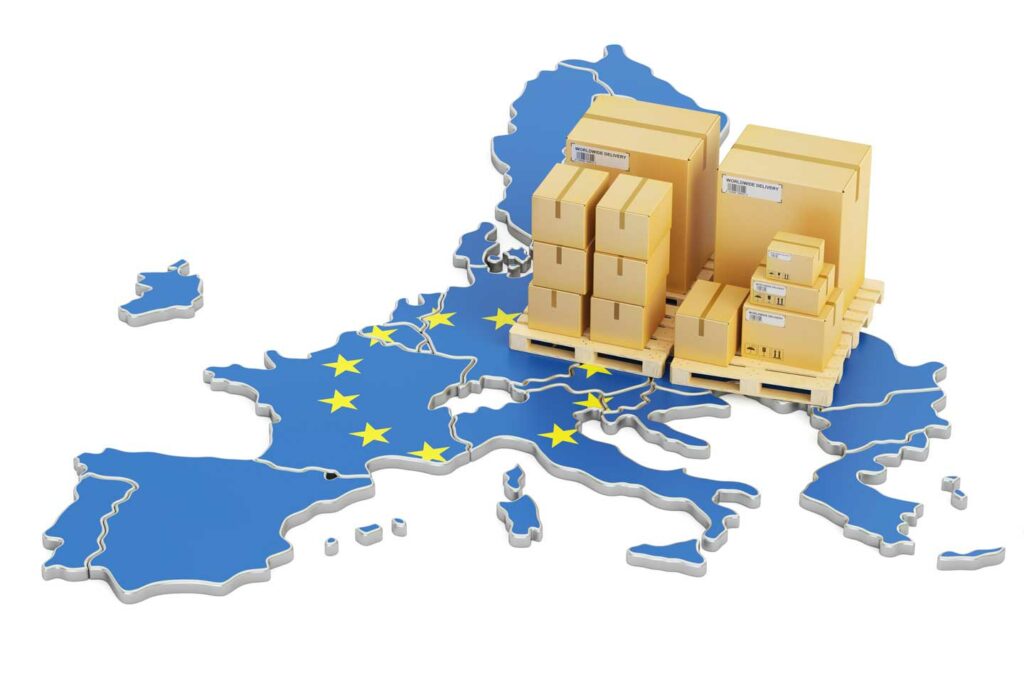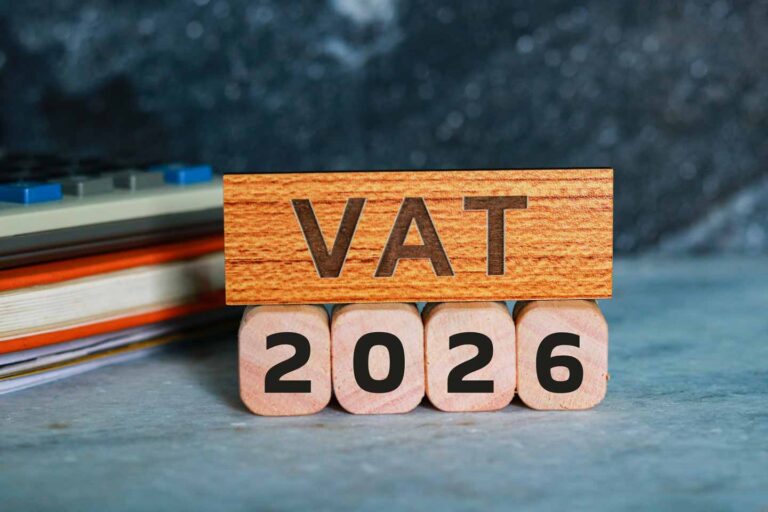What Is the EORI Number?
The EORI number (Economic Operators Registration and Identification) is a unique identifier assigned by the customs authorities of an EU Member State. It enables the identification of an economic operator in all interactions with EU customs authorities.
Introduced by the European Union as part of customs modernisation, the EORI system aims to simplify and secure international trade. This identifier is mandatory for any import or export operation of goods within the EU, whether the business is established in the EU or outside it.
Who Is Required to Obtain an EORI Number?
Businesses Established in the EU
Any business or individual established in the European Union wishing to interact with customs authorities (particularly for importing or exporting goods) must obtain a national EORI number. This number is typically issued by the customs authorities of the country where the business is domiciled.
Businesses Established Outside the EU
For non-European businesses, the obligation is even more critical. Indeed, a business established outside the European Union must obtain an EORI number in the first EU Member State in which it conducts a customs operation (import or export).
This EORI number will then be valid in all European Union countries, eliminating the need for the business to request a specific identifier in each Member State.
Why Is the EORI number mandatory?

The EORI number is a legal requirement under the Union Customs Code (UCC). Without this number, it is impossible to file a customs declaration, whether for the import or export of goods.
The absence of an EORI number can lead to:
- Blocking of goods at customs,
- Significant delivery delays,
- Potential fines or administrative penalties.
It is therefore an essential prerequisite for any international commercial activity with the EU.
How to Obtain an EORI Number?
For a Business Established in the EU
The application for an EORI number is made directly to the national customs authorities of the country where the business is registered. The process is often digital and quick.
In France, for example, the application can be made via the French Customs Portal, by attaching the company’s registration documents.
For a Business Outside the EU: Appointing a Fiscal Representative
For a business outside the European Union, obtaining the EORI number must be done in the Member State where the operator plans to conduct its first import operation.
However, caution: in most cases, this business must appoint a fiscal representative or a customs representative established in the European Union.
This representative is responsible for:
- Filing the EORI number application on behalf of the business,
- Managing customs formalities,
- Collecting import VAT if necessary.
In this case, the EORI number is often linked to the intra-EU VAT number of the fiscal or customs representative, which facilitates transactions.
What Is the Structure of an EORI Number?
The EORI number consists of two elements:
- The two-letter country code (e.g., FR for France, DE for Germany),
- A unique identifier, which often corresponds to the intra-EU VAT number or a national tax identifier.
Examples of EORI numbers:
- France: FR12345678900012
- Germany: DE987654321
Each Member State may apply its own structure, but all EORI numbers are registered in a central European Commission database, accessible to all EU customs authorities.
EORI Number and Intra-EU VAT Number: What’s the Difference?
It is common to confuse the EORI number and the intra-EU VAT number, especially since these two identifiers can be similar.
The EORI Number
- Used to identify a business with customs authorities.
- Used for customs declarations (import/export).
- Required before any customs operation.
The Intra-EU VAT Number
- Used to declare and invoice VAT in transactions between Member States.
- Used in tax declarations, particularly for the monthly statistical survey on intra-EU trade in goods (EMEBI in France) or Intrastat within the rest of the EU.
- Issued by the tax administration.
However, in some Member States, the EORI number is derived from the intra-EU VAT number, which can cause confusion.
What Are the Risks of Non-Compliance?
Not having an EORI number can have serious consequences for a business:
- Blocking of goods at customs until regularised,
- Customs fines and penalties,
- Logistical delays jeopardangering delivery schedules,
- Risk of losing commercial contracts due to non-compliance with legal obligations.
It is therefore essential to anticipate this customs formality, especially for non-European businesses wishing to access the European Union market.
How to Verify an EORI Number?
It is possible to verify the validity of an EORI number via the online platform of the European Commission: EORI Number Validation – European Commission
This tool allows you to:
- Check whether an EORI number is active,
- Identify the issuing Member State,
- Ensure that business partners are properly registered.
Best Practices for Economic Operators
To avoid customs issues, here are some tips to follow:
- Systematically verify the validity of your EORI number before any import/export operation.
- Keep a copy of the official document assigning the number.
- Engage a fiscal representative or a customs expert if you are a non-EU business.
- Keep your administrative information up to date with the relevant customs authorities.
In Summary: Key Points About the EORI Number
| Element | Detail |
|---|---|
| What? | Unique customs identification number for economic operators |
| Mandatory? | Yes, for any import or export of goods in the EU |
| Who? | All businesses (European or non-European) |
| Where to obtain it? | From national customs authorities (via a representative for non-EU businesses) |
| How many numbers? | One single EORI number valid across the entire EU |
ASD Group, Your Customs Partner in the European Union
Obtaining an EORI number is an essential step for importing or exporting goods within the European Union. This customs formality, often overlooked, can significantly impact the smooth execution of your commercial transactions. For non-EU businesses, support from a fiscal representative not only simplifies the process but also ensures compliance with European requirements.
Are you a foreign business looking to import into the EU?
Engage a customs expert or fiscal representative like ASD Group to ensure everything is in order from the first operation.



